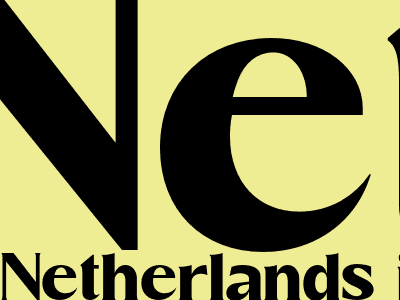
Netherlands Joins Germany in Implementing Extra Border Checks
Stricter measures aim to curb illegal immigration and cross-border crime
The Netherlands has joined Germany in implementing additional border checks in response to concerns over illegal immigration and cross-border crime. These checks will be carried out on the border with Belgium, a major transit route for migrants and traffickers.
The decision to implement the checks was made after a meeting between Dutch Prime Minister Mark Rutte and German Chancellor Olaf Scholz. Both leaders expressed their concerns about the increasing number of illegal border crossings and the need for a coordinated response.
What do the new border checks involve?
The new border checks will involve increased police patrols, random vehicle stops, and document checks. They will be carried out by both Dutch and German law enforcement officials.
The checks will initially be in place for a period of six months, but they could be extended if necessary. The Dutch government has said that it will review the effectiveness of the checks after three months.
Why are the border checks being implemented?
The Dutch government has said that the border checks are necessary to curb illegal immigration and cross-border crime. The country has seen a sharp increase in the number of illegal border crossings in recent months, and the government is concerned that this is putting a strain on its resources.
The German government has also expressed concerns about illegal immigration and cross-border crime. The country has been a major destination for migrants for many years, and the government is keen to prevent the situation from getting worse.
What has been the reaction to the border checks?
The border checks have been met with mixed reactions. Some people have welcomed the move, saying that it is necessary to protect the country's borders. Others have expressed concerns about the impact of the checks on travel and trade.
The Dutch government has said that it is committed to minimizing the disruption caused by the border checks. The checks will be carried out in a way that is as efficient as possible, and they will not affect legitimate travel or trade.
Conclusion
The implementation of additional border checks by the Netherlands and Germany is a significant development. It is a sign that both countries are taking the issue of illegal immigration and cross-border crime seriously.
It remains to be seen how effective the border checks will be in achieving their objectives. However, they represent a clear statement of intent by the Dutch and German governments.